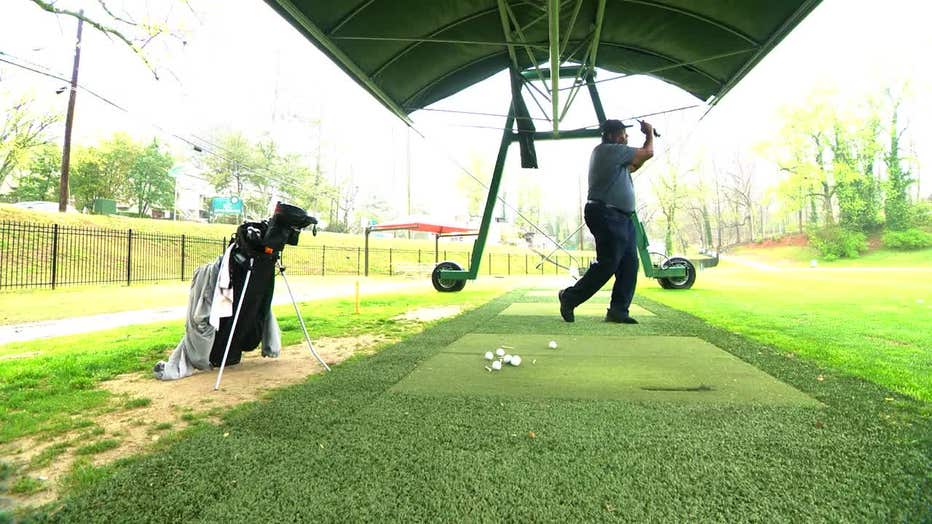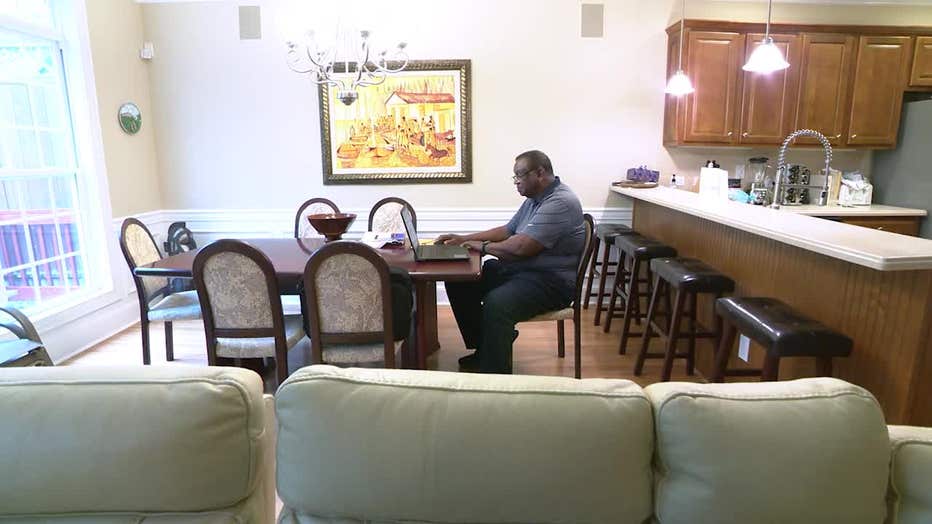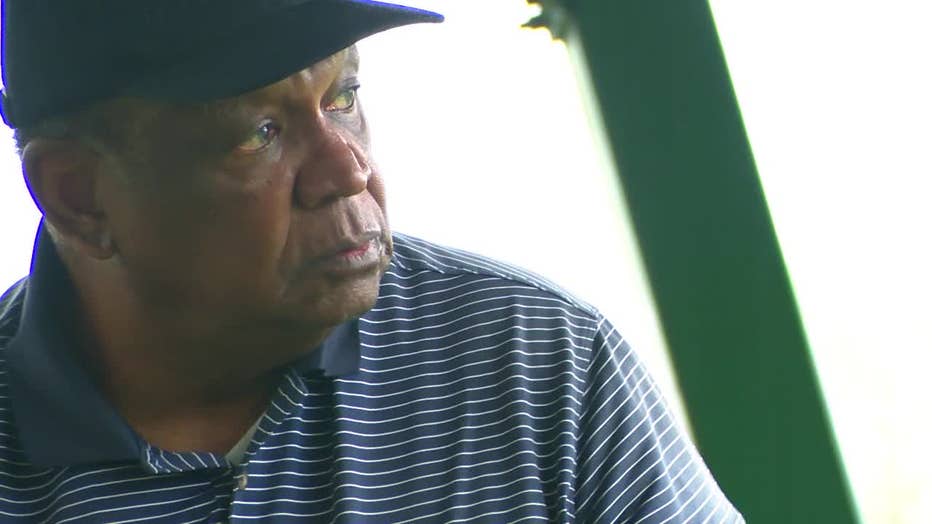When fatigue hit him hard, Atlanta golfer discovered he had atrial flutter

Golfer gets help for atrial flutter
Michael Woodard of Atlanta was in the middle of a round of golf when he started feeling fatigued. It wasn't until he drove himself to urgent care that he realized the problem was with his heart: an atrial flutter.
ATLANTA - When Michael Woodard of Atlanta retired from his career as a sociology professor, he got more serious about golf.
"Since my retirement, I tell people golf is my salvation," Woodard says.
The 77-year-old had been playing for months straight, and he felt like he was in good shape.
"Walking 9 holes is nothing," Woodard says. "I mean, that was just nothing."

Michael Woodard
But one afternoon, going up an incline on the course, Woodard found himself unable to catch his breath, overcome by fatigue.
"Halfway up the hill, I couldn't make it any further, and I just didn't know what it was," he remembers. "I was dumbfounded."
That evening, he says, he could not shake the feeling something was wrong.
"It dawned on me, You don't feel good, buddy,'" he says.

Michael Woodard
Woodard called the Kaiser Permanente of Georgia nurse advice line, and was told to go to the closest Kaiser urgent care.
So, at about 11 p.m. that night, he drove himself there.
That is where Woodard was diagnosed with atrial flutter, a heart rhythm disorder that causes the heart to beat too fast.
Kaiser Permanente Cardiologist Dr. Shahriar Iravanian says atrial flutter and atrial fibrillation, which are related, are very common, typically as we get older.
"One of the problems is people have different symptoms," Iravanian says.
Symptoms of atrial flutter can include shortness of breath, fatigue, chest pain, heart palpitations or fluttering, dizziness or lightheadedness and fainting.
"But, one of the dangers of atrial flutter and natural fibrillation is not everyone has symptoms," Dr. Iravanian says. "And, they can have their heart racing, but they may not notice that. They may ignore that."
Left undetected and untreated, Dr. Iravanian says the heart rhythm disorders can raise your risk of stroke, especially as you get older.

"So, untreated atrial flutter, atrial fibrillation, can cause a stroke down the road, if not immediately," he says. "We are not talking about a matter of days or weeks, but years in the future. It's a risk that can happen. "
Within hours, Woodard was undergoing a catheter-based procedure known as a cardiac ablation, using heat to destroy the area triggering the electrical problem.
"Essentially, we cauterize that area of the heart and disrupt the signals which are causing the rhythm," Dr. Iravanian says. "The procedure is very effective. It's effective in nearly 90% of the cases."
Woodard, who had no idea the problem was his heart until he underwent electrocardiography, or ECG, sees a teachable moment in his experience.
"It may have been a simple procedure, minimally invasive, minimal downtime, but if I had not addressed it, I may have been dead," he says.
Instead, within a week, Woodard was back on the golf course.

"I have not had another issue," he says. "I've been just fine. I've been, you know, just walking and playing golf."
And, Woodard, the professor, is hoping people will follow his lead.
"Pay attention to your health, listen to your body when you don't feel well, and get it checked out," Woodard says. "And, don't put it off. Don't put it off."

